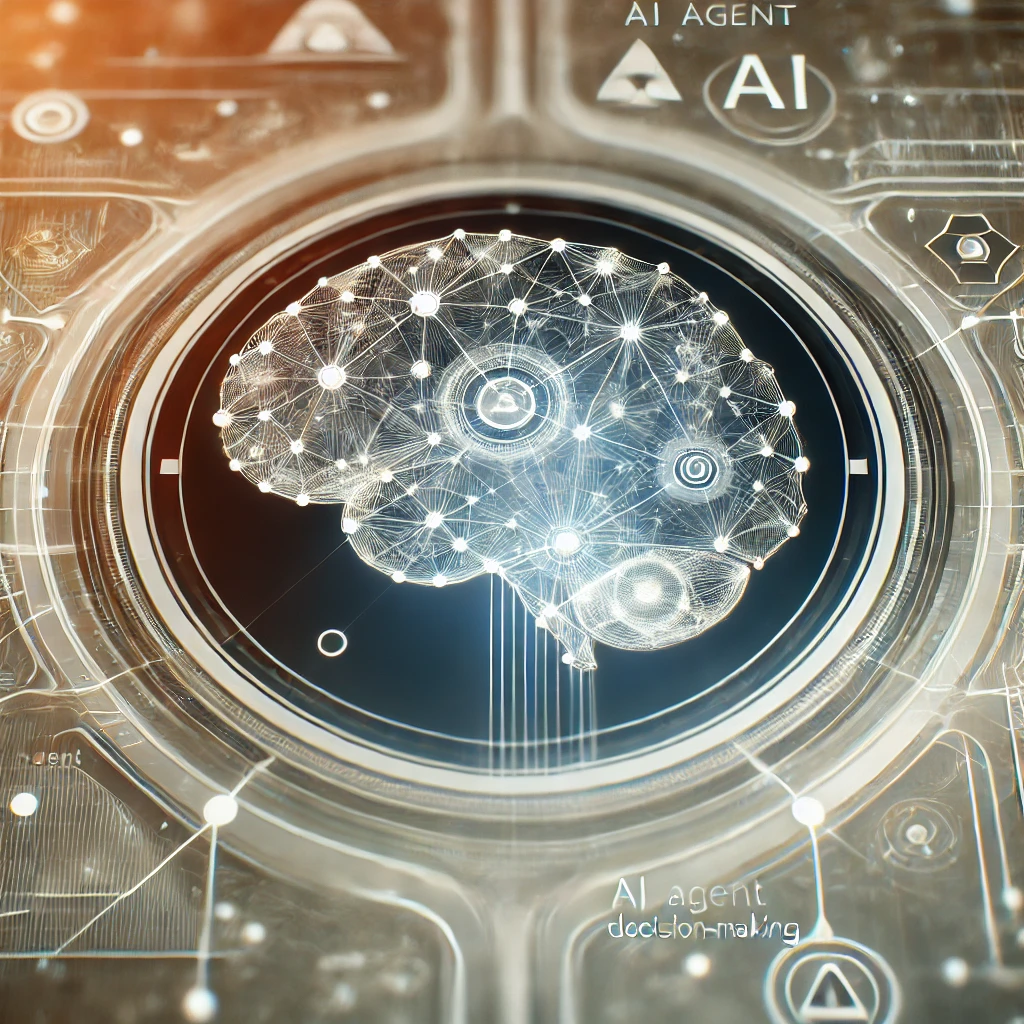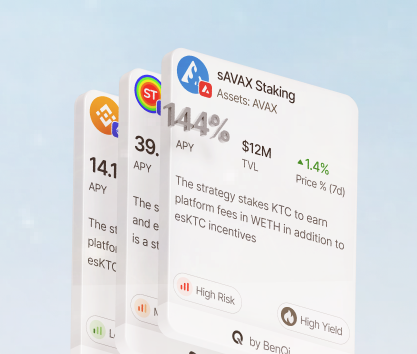Artificial intelligence is used in a wide range of different areas. In the field of DeFi investment, many protocols are implementing AI agents to optimize performance, improve user experience, or create autonomous influencers. Many people are more familiar with generative AI systems like large language models. These can output complex answers in a couple of seconds. How do they do it?
What is an agent program in AI?
The blanket term “artificial intelligence” covers a whole spectrum of machine-thinking concepts. For instance, a smart vacuum robot has a form of intelligence. It gathers data, analyzes it, and makes decisions about where to go next. Even the simplest form of setting and completing a task is considered intelligent behavior.
Agentic AI takes this concept to the next level. These are autonomous systems that do not require human supervision. AI agent decision-making looks like magic when an end user receives an output that contains nuanced details, well-put statements, and even relevant data.
There is nothing “magical” in the way a machine thinks and creates outputs. In many instances, intelligence is just glorified algorithmic thinking that makes choices based on user inputs and does not sway from a predetermined selection of possible outcomes. Many request routing systems work like this. However, contemporary systems still use complex sentiment analysis to understand inputs in natural language.
An AI agent is a program that can set tasks, complete them, and gather and analyze data, all in pursuit of a predetermined goal defined by its user.
Current and future trends in AI and decision-making technologies are easily distinguishable. These advanced systems are used in a wide range of industries where instant, reliable decisions are more valuable than nuances breakdowns and analysis of data. Although, many models are designed to do the opposite.
Here are some interesting applications of artificial intelligence that also provide valuable insight into the future of AI in decision-making:
- The ability of intelligent systems to analyze massive sets of data and identify patterns is fantastic. Many financial companies are using them for fraud detection or algorithmic trading. In DeFi investment, it can also be used to automate DEX trading or search for capital allocation methods that suit particular investor preferences and risk styles.
- The role of data in AI decisions is more than just important. It can also be one of the reasons why an AI is chosen for a particular task. For instance, personalized banking based on precise credit scoring is one of the most interesting vectors of development in the fintech sector. The use of AI saves up to 4.4% in operational costs.
- In customer service, AI’s ability to understand natural language and produce outputs relevant to user inquiries can be used for a variety of purposes. Rivo Maneki AI is a system that can talk to users to learn about their risk and investment preferences to suggest the best DeFi strategies personally selected for customers. It is a great feature that helps newcomers integrate into the DeFi ecosystem more easily.
Artificial intelligence is fast and precise. It can produce errors or “hallucinate” but the time it takes to deliver an output from the moment the user sets a task is simply unmatched. However, up to 54% of all users do not trust AI-generated outputs. It means that they simply do not understand the way machines think or the methods for assessing the effectiveness of the decision-making of AI agents.
The problem here is the sheer complexity of the technology and the variety of modern techniques that an agentic AI can use to arrive at conclusions. Until the industry identifies standards that produce the best outcomes, end users will have to guess how their AI assistant comes up with answers to their questions. The absence of transparency in training models and the lack of understanding of how they work by regular users can be a significant hurdle for wider adoption.
Understanding AI decision processes
The quality of outputs depends on a variety of factors including available information, computational resources, and the chosen model. While many systems can produce similar outputs, there are various ways to form them. For instance, when selecting the best DeFi strategies, a system may use a Decision Tree approach to identify which strategies belong to which categories and find a good solution for any given user input.
Mechanics of AI decision-making
It is not necessary for our readers to be coders to understand the general gist of how an AI agent thinks and how it produces outcomes.
Here are some of the most commonly used techniques:
- SVM or Support Vector Machine works by finding the right boundary between different data sets and deciding where a certain type of data belongs. It can be used to find the best DeFi strategy, categorize clients, or reroute requests with a high level of precision.
- GBM or Gradient Boosting Machine is a multi-level approach that uses several decision-making models with each correcting errors produced by the previous one. It is a good choice for algorithmic trading as it offers a way to do predictive analysis better than many other models.
- Naive Bayes is an approach that uses the Bayes Theorem to work with a variety of data types and predictors. It can work with textual data and demonstrates the influence of technology on the development of decision-making in AI as it is often used in hugely popular large language models.
- Decision Trees can be used for all sorts of tasks. It splits the data into sets based on predetermined features. This approach simplifies the interpretation of data and can be used in all sorts of fields including customer segmentation, risk assessment, DeFi investment, and more.
Other methodologies that deserve a mention include Splines (non-linear relationships between data sets), Spectral Analysis (spectrum-based data analytics), and Logistic Regression (searching for the most likely outcome in any given class of data). These can be used to create all sorts of decision-making agents.
Examples of successful projects using AI for decision-making
As a final note, we want to discuss several interesting use cases for agentic AI capable of making decisions:
- DeFi Agents AI is a next-gen algorithmic trading platform that applies predictive analysis to enhance automated trading strategies across centralized and decentralized exchanges.
- GunBot is an interesting solution if you are looking for the best DeFi strategies in direct asset trading. GunBot uses its large language model to write scripts automatically based on user inputs.
- Rivo is an investment platform offering a wide range of expert-picked investment options that have a high likelihood of performing well. The Rivo Maneki AI agent can identify the most suitable DeFi investment strategies for users based on conversations with them performed in natural language.
When it comes to selecting the best DeFi strategies, it is a good idea to work with platforms offering flexibility, consistency, and innovation. Rivo and its Maneki AI agent are a great choice for newcomers and veterans interested in the most effective ways of allocating capital.









